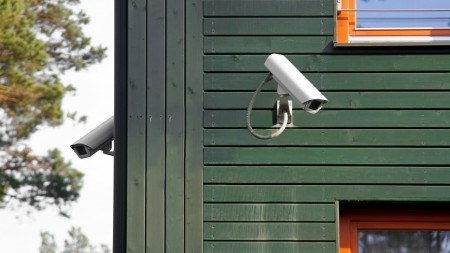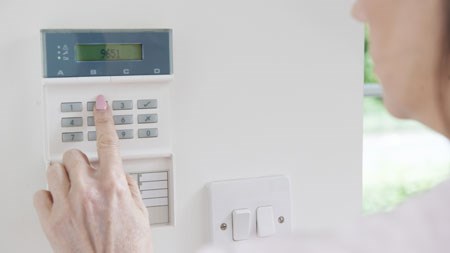It’s that time of year when many people breathe a sigh of relief, pack their bags and head off for a well-earned holiday. Not-so-incidentally, it also happens to be the time of year that house break-ins spike.
So what can you do to ensure that your home doesn’t become a target over the festive season? There are a number of precautions you can take to offset the risks of being burgled.
The “first line of defence” should be to avoid alerting anyone to the fact that you’re not at home. Burglars look for clues like outdoor lights that are left on 24/7, uncut grass and uncollected newspapers and pamphlets.
These clues can be easily sidestepped. If you’re going to be away long enough for the grass to grow knee-high and the mail to pile up, simply ask your neighbour, a relative or a friend to cut the grass at least once and collect your mail. Of course you will have to offer to pay for the privilege or at the very least provide a suitable thank-you gift upon your return. Light timers are all that are needed to activate your lights at night.
Another sign burglars look for when targeting homes in general is overall appearance. A scruffy home denotes a lack of attention to detail, such as security features. A well-kept periphery by contrast conveys the message that the owners pay attention to the property which, by connotation, denotes that security measures are probably in place.
With this in mind, consider the following aspects:
Is your property adequately lit?
+
Are bushes or trees overgrown? Any large shrub or tree should be kept trimmed to ensure that they do not serve as possible hiding places for would-be criminals.
Make sure that all garden tools or any item that can be used as a means of gaining entry or a weapon have been packed safely away in a locked garage or shed.
+
Are there any visible deterrents like security company signboards? These should be displayed in first-floor windows or mounted on exterior walls.
Once you’ve paid attention to the overall appearance of your home, focus on your external security features such as your alarm system. Is it wired to doors and windows? The blaring of an alarm siren could scare an intruder from trying to get further into your home.
Just how easily can your home be accessed via the roof? You can place sensors in the ceiling to detect intruders should this prove a weak point. Fit CCTV cameras near entrances or under the eaves to deter burglars and check that your burglar bars, safety gates and locks are in good order. Ideally, bars and safety doors should be installed on the inside as intruders could be frustrated and deterred when they realise bars or gates still lie in their way.
In terms of in-house security measures, ensure your valuables like jewellery, cash and passports are locked away. These items can be safeguarded through the use of safes and diversion safes. Surveillance cameras, motion sensors or passive alarms in bedrooms can also be installed to detect movement in the house when you are away from home.
Panic buttons are also a good idea. Strategically placed throughout the house, panic buttons enable a person to quickly and easily activate an alarm notifying the relevant security company of an emergency.
It’s important to note that these measures should not only apply at Christmas time but should be in place year-round. As such, it’s advisable to service alarm systems annually to ensure they are in proper working order. It’s also important to notify security companies of any alterations so that the alarm system can be adapted if necessary.
Ultimately, none of these measures will guarantee that your home won’t be broken into but they should dissuade intruders from breaking in in the first place. They should also frustrate intruders, delay access to your family and belongings and increase the chances of apprehension and arrest.
Lastly, if you’re staying at home this Christmas, don’t throw out the empty boxes from all your new gifts into the bin for rubbish collection. You may as well put up a billboard announcing your new acquisitions. Take the time to cut the boxes up, recycle them or stagger their disposal.




